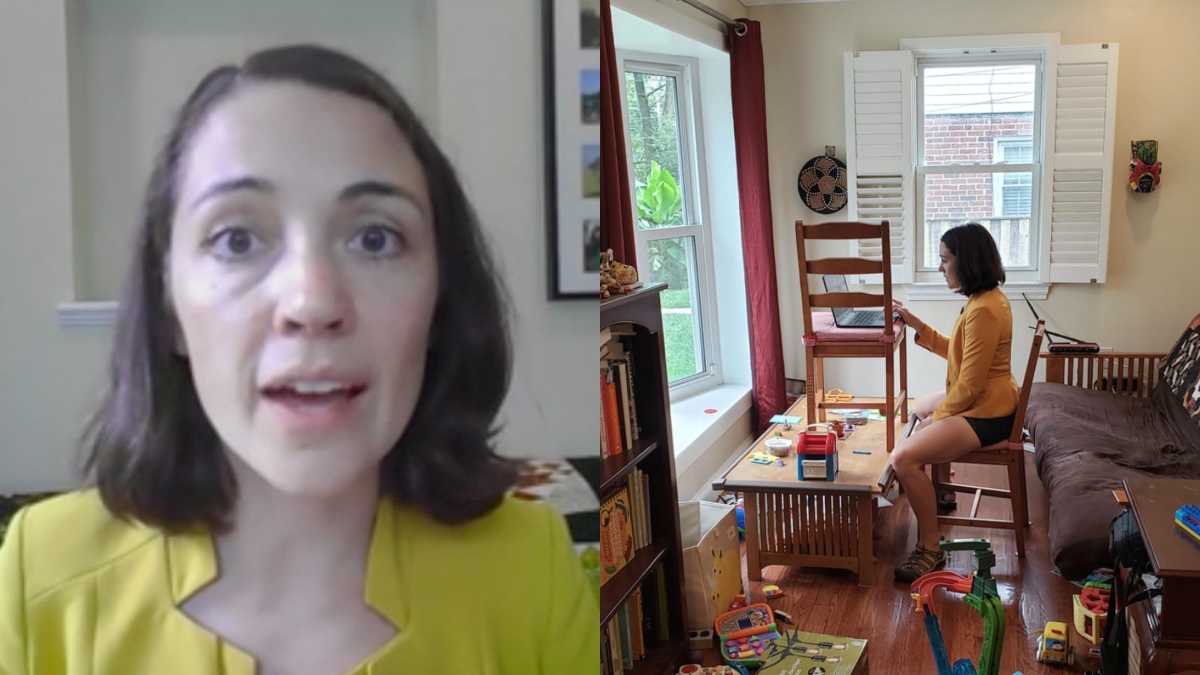History is typically categorized into named periods of time … WW1, WW2, The Great Depression, The Information Age, etc. I wonder if historians will one day grant 2020 a category all of its own, such is the speed with which change is happening.
During the pandemic lockdowns in March / April many of us were forced to use Zoom and similar apps for the first time. And the advantages were exciting. No more 5am taxis to the airport, no more temptation to have a glass of wine with breakfast, no more satisfaction that your flight is ONLY delayed by 2 hours. The solution offered by remote meetings was so much more convenient, cheap and flexible.
We speculated how the very nature of work was changing, the huge sums organizations would save by disposing of much of their real estate.
We discussed the role of the city itself … why would people choose to live in an expensive, studio-apartment in New York to be close to the office if they could work remotely from anywhere? Would business travel collapse? And education too. Would the universities and schools of the future all be online?
6 months later and many of us are re-evaluating. Zoom fatigue has well and truly set in and we now see the disadvantages too.
1 in 10 of has used the bathroom while on a call. Some workers have admitted to exercising, taking a shower, watching TV and cooking while participating in virtual brainstorm meetings. My own children frequently attend school lessons in their pyjamas while eating their breakfast.
And CNN’s Jeffrey Toobin has taken Zoom-distraction to a completely different level!
Jamie Dimon, CEO of JPMorgan Chase says there’s no vital ’creative combustion’ happening in virtual settings. He believes we need to be physically in the same room to be able to bounce ideas and spark off each other.
American Airlines CEO Doug Parker finds Zoom meetings ‘awful’.
And Microsoft CEO Satya Nadella calls them transactional, where ‘30 minutes into your first video meeting in the morning … you’re fatigued. What we as human beings need, want, seek … is human contact’.
However, while the honeymoon period for online meetings is undoubtedly over it is also true they are here to stay and will play an important role in how we work, study and communicate.
Rather than focusing solely on the negatives and calling for remote meetings to be ‘ditched’ we should focus on how to make them better. We have been communicating face-to-face for over 50,000 years and it is still a work in progress. Miscommunication happens all the time. By contrast, Zoom only launched its platform 9 years ago. Is it really any wonder that we are not very good at communicating remotely?
It is not enough for companies to ‘allow’ employees to work remotely … they need to train them too. When it comes to remote meetings it is not just a question of ‘dressing appropriately’ … we need to learn specific techniques to communicate more effectively.
We need to be taught how to get the best out of apps like Zoom, how to make the meetings more effective, how to avoid people talking at the same time, how to share information, how to develop new protocols.
Don’t ditch remote meetings … make them better.


